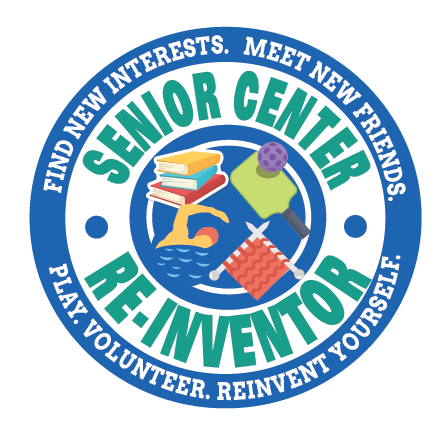
Re-Inventing Senior Centers
By Laurie Abounader, Aging Program Administrator at Centralina Area Agency on Aging
Senior Centers offer older adults a unique focal point to access needed community services, often including wellness classes, recreational opportunities, socialization and much, much more.
The very first senior center in our nation was established in New York in 1943, and now an estimated 11,000 senior centers currently serve ten million older adults across the United States. Like the diverse seniors they serve, these centers can look vastly different—some are public and some private; can be rural or urban; offer in-person, virtual, and travel opportunities; some are single sites and others have multiple satellite sites across a designated area. Senior Centers develop programs with input from their senior participants, so it follows that each center is unique.
And as senior adults have changed over the years, so too have the centers where many seniors spend their time. Seniors are not only re-inventing themselves, but also their senior centers. More and more, we have seen centers collaborate with other agencies—think tax preparation, legal aide, or Medicare counseling–in order to offer a wider array of needed community services to participants. We have also seen senior centers shift from single-use centers to more recently being developed as a component of a larger community center, where there are areas designated for older adults as well as other areas, like a pool or gym or library, used by all ages.
These facilities serve individuals who are in their early 60s all the way to those past age 100…imagine the recreational differences requested by cohorts born 40 years apart! In response, centers are adapting to meet the needs of today’s senior adults. Centers may offer a class on how to use a smartphone, where the 60 year-olds might help the 80 year olds, and the following day those 80 year olds are helping teach the 60-somethings to crochet. We have even seen some centers elect to change their name, often replacing the term “senior center” with titles like “adult enrichment club” or “active adult center” to attract those who may not fully embrace terms like “senior” or “older adult.”
Despite what we call them, and despite all their differences, all senior centers offer a vital service by increasing socialization and encouraging wellness—all of which improves quality of life.
View a list of local senior centers in the All About Seniors Resource and Referral Directory for your area and contact them to learn more.



